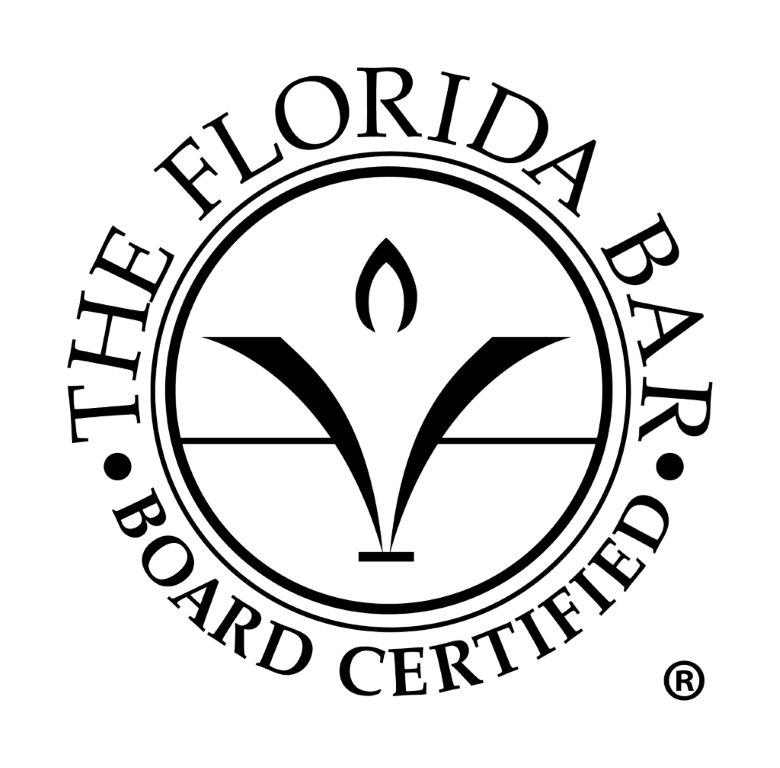
One of the things that makes estate planning so rewarding is the opportunity to teach clients about all of the options for addressing immediate and future concerns. Take the creation of trusts as an example, many clients may have some general knowledge about trusts and how they work. Do they know, however, that there are many different types of trusts that serve various purposes? In this article, we will explain domestic asset protection trusts, or DAPTs.
To begin with the basics, a DAPT is one type of irrevocable trust. This means you cannot change its terms or rescind it once you have funded it except under very limited circumstances. It also means that, as the grantor, you do not have control over any assets placed in the trust. Instead, you relinquish control to the trustee, or person designated to manage the trust.
One of the key differences between a DAPT and other irrevocable trusts is that the person who establishes it is also allowed to be a beneficiary. The name reflects its primary purpose, which is to shield money, property, and other assets from creditors.
You can create a DAPT in any U.S. state with applicable laws and regulations. If you are interested in this type of trust, there are several questions that warrant serious consideration.
These include:
- Are you seeking to protect your assets from existing or future creditors?
- Does your state have laws allowing for the creation of DAPTs?
- If your state does not have applicable laws, is it worthwhile to create a DAPT in another state?
- If so, where do you want to establish the DAPT?
- Who will you designate as trustee?
- What type of assets do you want to put into the trust?
- Are you willing to accept that your access to funds and payments may be limited?
It is also important to consider the drawbacks associated with DAPTs before you create one. Among other things, a DAPT does not protect your assets from past or current creditors. It does not protect all assets, nor is it a viable option in every situation. As we have discussed, some states do not have laws governing the creation of or providing for the regulation of DAPTs.
For more information about this type of trust, or questions about estate planning in general, please feel free to contact our law office to schedule an appointment. You can reach us by phone or through the contact page here on our website.







